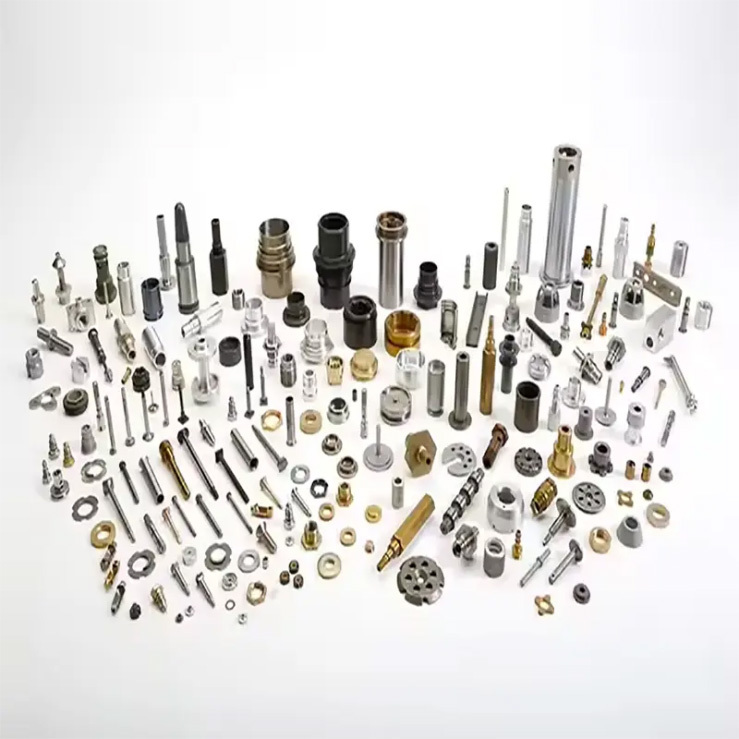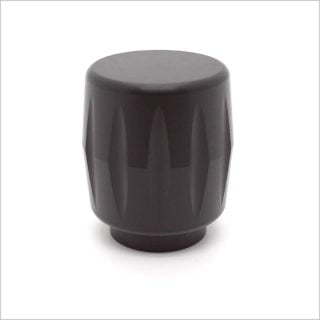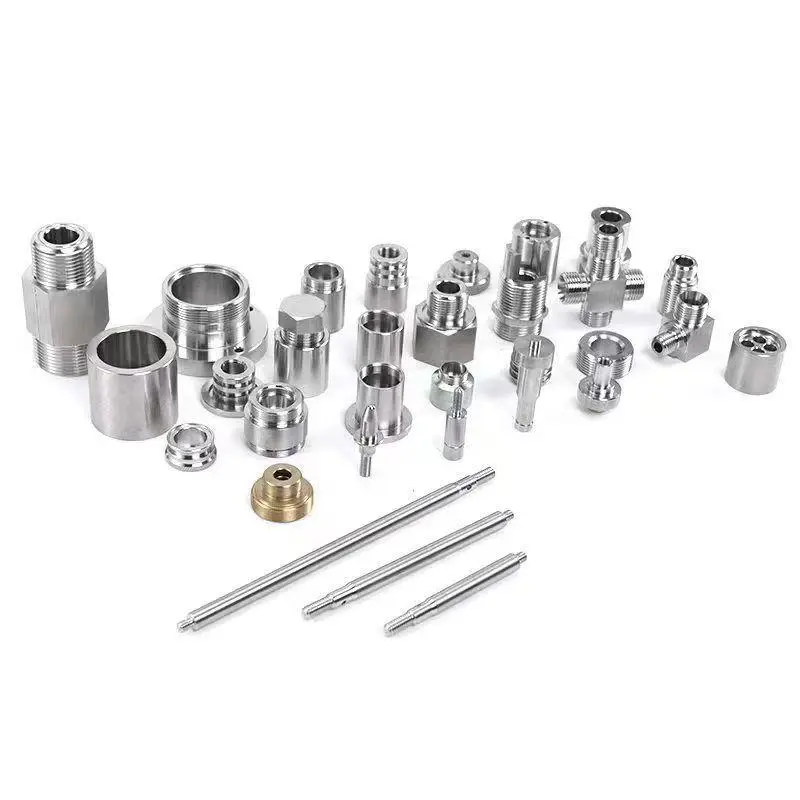Understanding Machined Parts: Key Insights into Manufacturing and Precision Engineering
Published Time:
2025-08-17
Machined parts are components that have been produced through various machining processes, which include turning, milling, drilling, grinding, and electrical discharge machining (EDM). These parts are integral to a wide range of industries, from automotive to aerospace, and play a crucial role in ensuring the functionality and reliability of various mechanical systems.
The production of machined parts often begins with selecting the appropriate raw materials, which can range from metals and plastics to composites. The choice of material is vital, as it directly impacts the part’s durability, weight, and performance under different conditions. For example, aluminum is frequently used for its light weight and resistance to corrosion, while stainless steel is favored for its strength and resilience.
Once the material is chosen, the machining process can commence. Each machining method has its unique advantages and is selected based on the desired specifications of the finished part. For instance, CNC (Computer Numerical Control) machining allows for high precision and repeatability, making it ideal for complex geometries and tight tolerances. The use of CNC machines also enhances efficiency, reducing production time and minimizing human error.
Quality control is a critical aspect of the manufacturing process for machined parts. Rigorous testing and inspection protocols are employed to ensure that the dimensions, tolerances, and surface finishes meet the required standards. These quality assurance measures help prevent defects and enhance the reliability of the finished products.
Moreover, the evolution of technology has led to the integration of advanced software and automation in the machining processes. CAD (Computer-Aided Design) and CAM (Computer-Aided Manufacturing) systems streamline the design and production workflows, allowing for more innovative and customized solutions in machined parts. This technological integration not only boosts productivity but also opens up new possibilities for customization and innovation in product design.
Furthermore, the demand for lightweight and energy-efficient components has spurred advancements in machining techniques. Manufacturers are now focusing on developing parts that not only meet performance standards but also contribute to sustainability goals. This includes utilizing materials that are recyclable or have a lower environmental impact.
In conclusion, machined parts are a cornerstone of modern manufacturing. Their significance lies not only in their diverse applications but also in the precise engineering and innovative techniques involved in their production. Understanding the intricacies of machined parts can enhance your appreciation of the manufacturing process and its importance in today’s technology-driven world. Whether you're involved in production or simply interested in how things are made, exploring the realm of machined parts reveals the remarkable intersection of science, engineering, and creativity.
NewsCenter
Beijing Pafinal Precision Machinery Co., Ltd.
Email:sales@pafinal.com

Address: No. 239 Huanhe South Road, Tianjin Pilot Free Trade Zone (Airport Economic Zone), Tianjin
sales@pafinal.com:
Whatsapp:
在线客服添加返回顶部
图片alt标题设置: PAFINAL
表单验证提示文本: Content cannot be empty!
循环体没有内容时: Sorry,no matching items were found.
CSS / JS 文件放置地




 2025-09-27
2025-09-27


